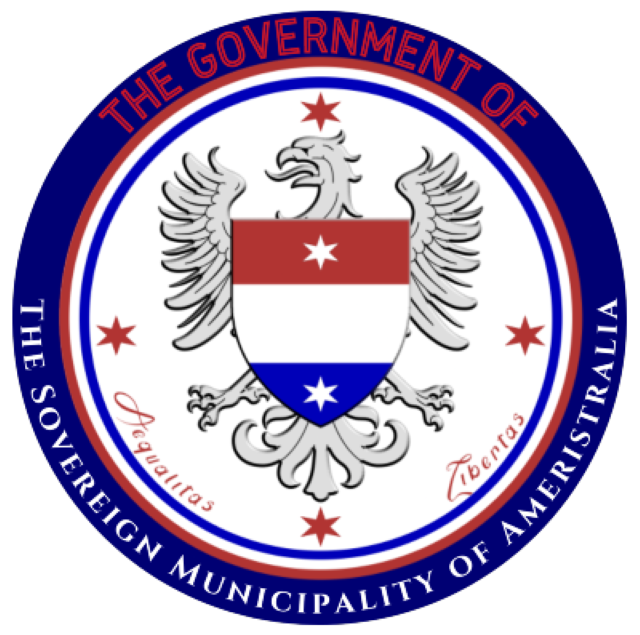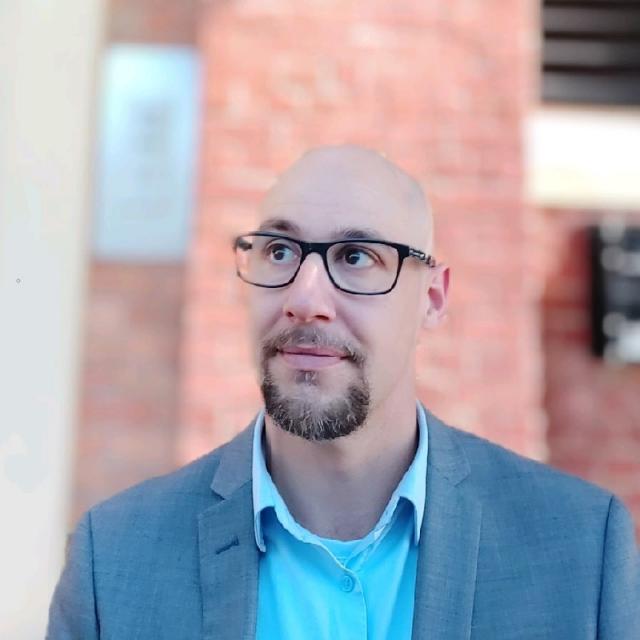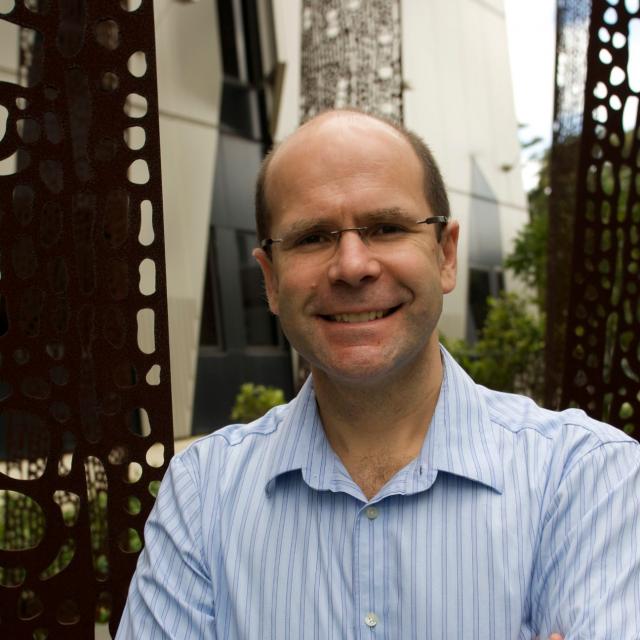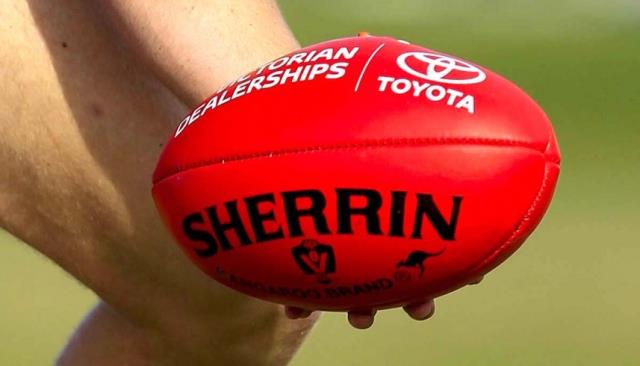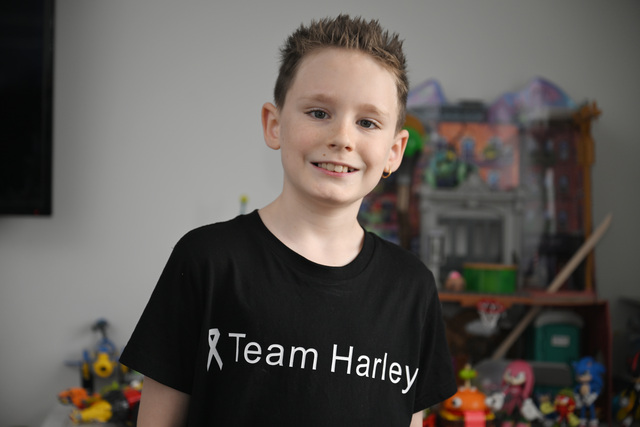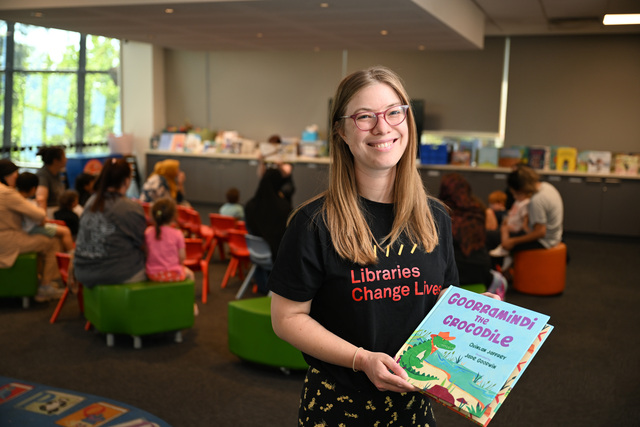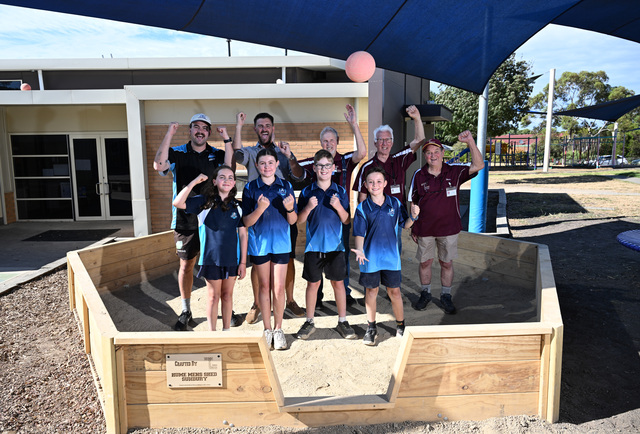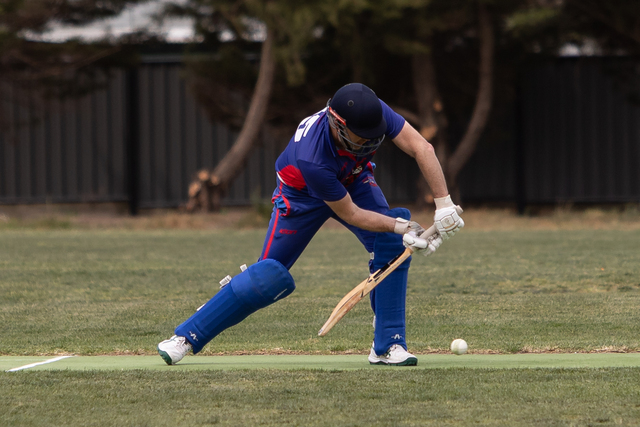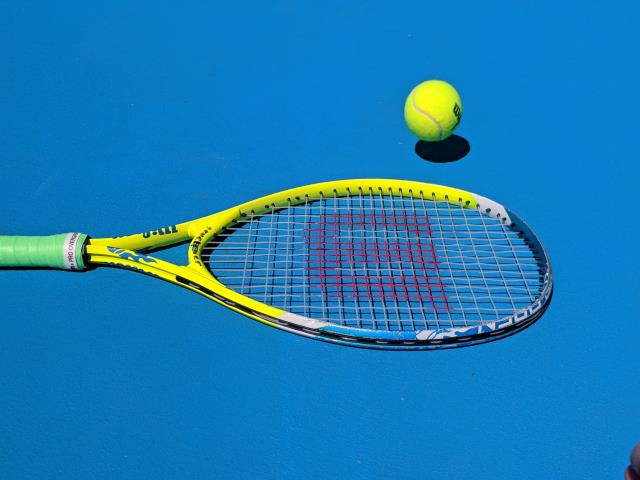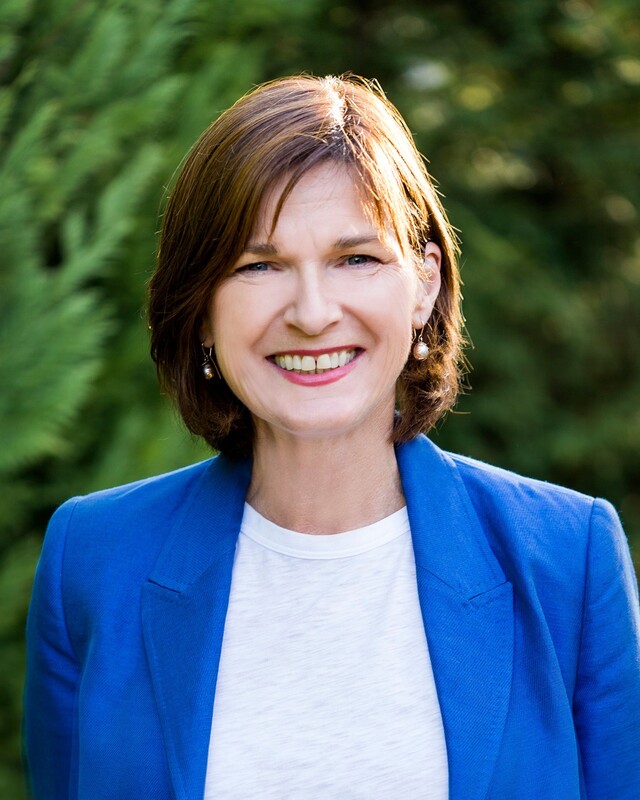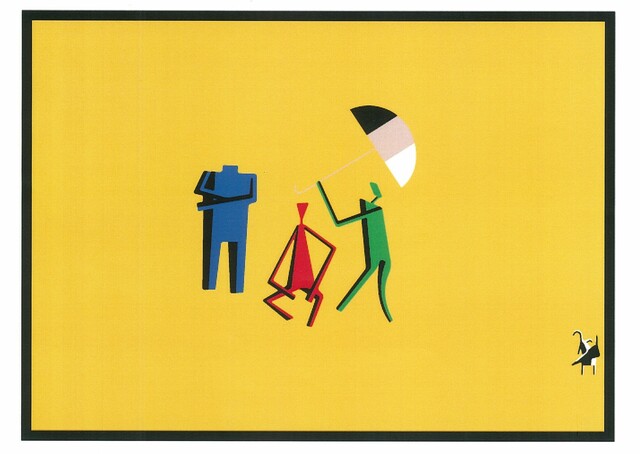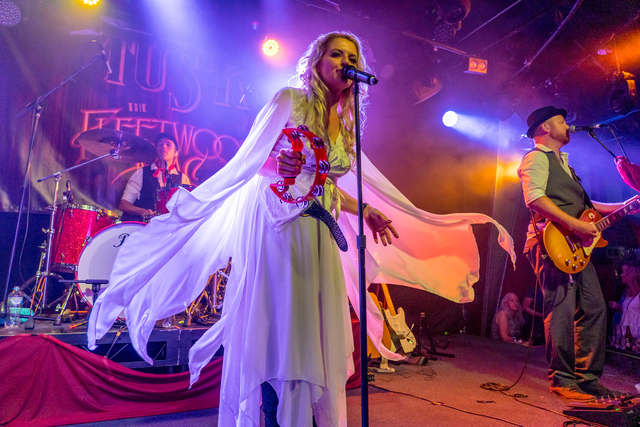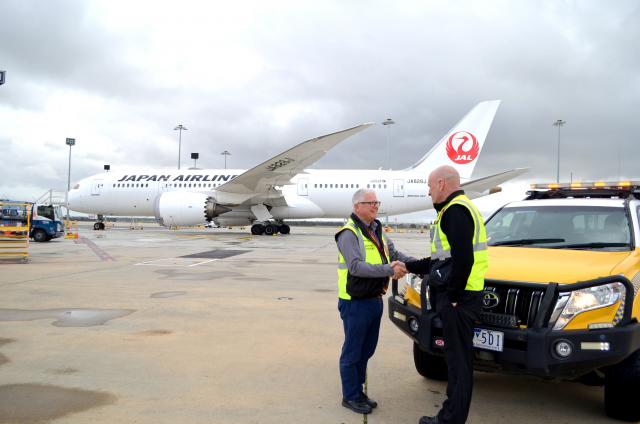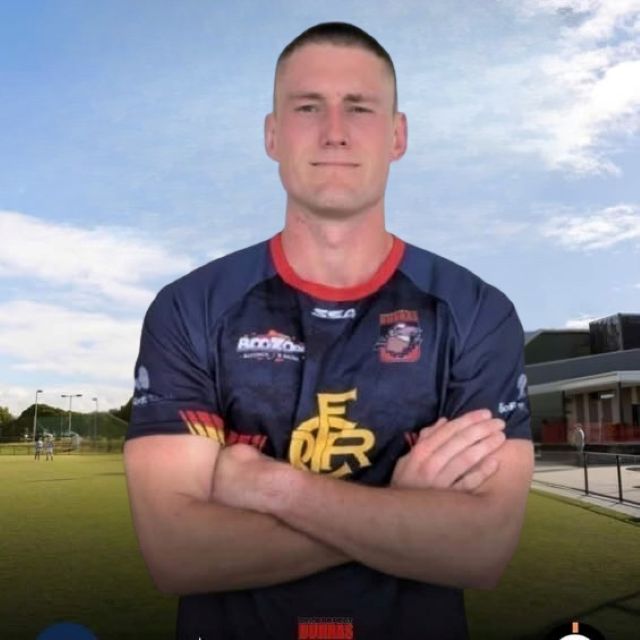As part of Melbourne’s sprawling growth corridor, Harkness in the outer west is home to an increasing number of new dwellings – and as Cade Lucas discovers, the micronation of Ameristralia.
Parents can go to great lengths and expense to advance their child’s education. Some pay thousands in private schools fees and tutors, while others invest in sports equipment and musical instruments.
Or, if you are Melton father Daniel Brooke, you start your own country and appoint your kids to run it.
Yes, you read that correctly.
“We were having a conversation about how things were in the world and how governments go about their policies and treating their citizens and we thought ‘why don’t we make a country,” Mr Brooke said.
“My children are home-schooled and this was just a way to help teach them about government, civics and community engagement.”
So on Friday, August 13, 2021 (a coincidence according to Mr Brooks), the family’s 650 square home in Harkness near Melton was declared the Sovereign Municipality of Ameristralia. Mr Brooke became His Sovereign Highness Prince David, his wife Her Sovereign Highness the Duchess of Brookfield and each of his five children assumed ministries of state.
A flag, constitution, coat of arms and currency were also established as a suburban street in Melbourne’s outer-west became home to the country’s newest micronation.
Defined by Encyclopaedia Britannica as: “an entity that claims to be an independent state but whose sovereignty is not recognised by the international community,” micronations are something of an Australian specialty.
“Australia really is micronation central,” said professor George Williams, a constitutional lawyer and academic at the University of New South Wales, .
“We’ve got maybe a third of these being calculated worldwide, so more than any other nation that we can see,” said professor Williams who co-authored the book ‘How to Rule Your Own Country: The weird and wonderful world of micronations’, late last year.
“And you know, we tolerate them and I think it’s sort of part of the Australian spirit, thumbing your nose at authority.”
Rather than thumbing their nose at authority, some of Australia’s more prominent micronations have shook their first at it.
The most famous of all, Western Australia’s Hutt River Principality, was formed in 1970 out of a dispute with the WA government over wheat quotas and lasted for half a century before closing in 2020.
In Victoria, the Independent State of Rainbow Creek was created in 1979 by farmers seeking compensation from the state government for a bridge damaged during a flood in the state’s alpine region.
At one point Rainbow Creek issued its own currency and stamps and even declared war on Victoria, before its leader Thomas Barnes retired to Queensland due to ill-health.
But for every separatist movement there are dozens more that are far less serious .
“Look, most of these do have an element of humour,” said professor Williams
Some, such as Jimland, the April Fools joke made earlier this year by Jim Penman, owner of the franchise empire of the same name, are outright parodies.
While more serious than that, Professor Williams suspects a bit of fun is being had with Ameristralia.
“I mean, even the idea of setting up your own country with the symbols, giving yourself the title, in this case, the Sovereign Prince, it’s clearly tongue in cheek and good on them.”
Even the name, an unsubtle reference to Michigan born Brooke’s duel (or is that triple?) nationality, suggests that His Sovereign Highness might be having us on.
“A lot of people kinda laugh ‘oh so you started a country haha,” said Mr Brooke of the initial reaction he gets, before noticing a change when explaining it more.
“When I tell people why they say that’s a pretty nifty idea man.”
Given that idea was to teach his kids about the workings of government, Mr Brooke leaves the running of Ameristralia to them while he maintains his day job as a mobile technician to pay his family’s and country’s bills.
“You would compare to me to the monarch, I’m the head of state” said Mr Brooke of his largely ceremonial role.
“All of my children are the cabinet .
“We have a minister of immigration and citizenship, minister of education, we have a minister of environment and natural resources, a minister of treasury and investment, health and human services and then foreign affairs and trade, but I am actually acting in foreign affairs in trade.”
And the Prime Minister?
“So instead of a prime minister we have a chief minister and a cabinet and my 14-year-old son Kyson is chief minister.”
A teenage boy as a national leader?
“He does alright,” said his father.
“I try to get him to be as formal as I can, but their kids.”
Along with gaining hands on experience in civics, Mr Brooke hoped his kids would benefit from Ameristralia’s politics
“We’re very socially progressive country, we don’t believe in war.
“People solve problems by sitting down and having a discussion.
“Maybe this is a good way for them to learn about that so when they grow up they can take that outlook into the world.”
This more left-wing worldview explains another feature of Ameristralia that separates it from many other micronations.
“We pay taxes to the Australian government,” declared Mr Brooke, a contrast to many other micronations that have a secessionist, anti-authoritarian bent.
Professor George Williams said this just reflects the reality that there’s no way for micronations to secede from Australia, even if they really wanted to.
“None of this affects Australian law, none of this affects the fundamentals so it’s performative.”
Professor Williams said this was why governments usually ignore micronations as they are largely harmless and only crave attention.
Neither the Victorian government or Melton council would comment on this story.
However, Professor Williams said micronations can still play a role in drawing attention to certain issues, such as the Gay and Lesbian Kingdom of the Coral Islands which promoted LGBTQI rights and various Indigenous groups who have declared themselves sovereign, a hot topic in the lead up to the Voice referendum coming.
In the case of Ameristralia, having almost 50 registered citizens worldwide means it is effectively a social club.
According to Mr Brooke, it’s a club that continues to grow.
“Some people just kinda go ‘oh really” and they go to the website and next thing you know a citizenship application comes through.”

